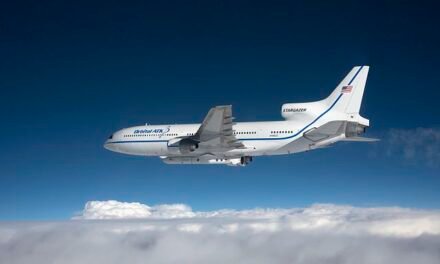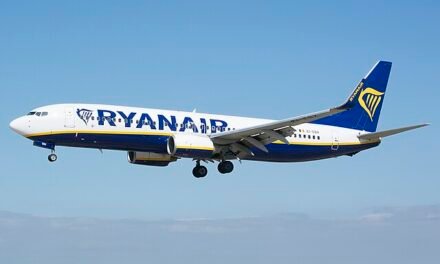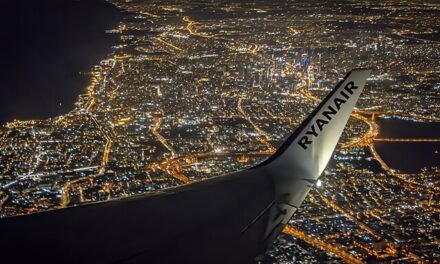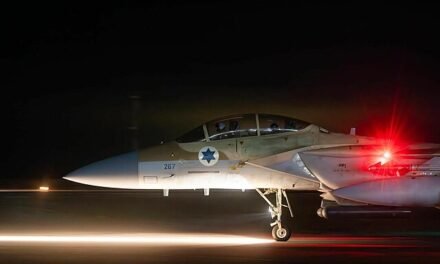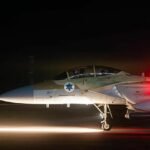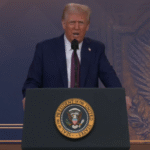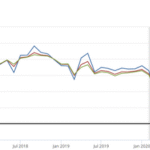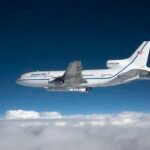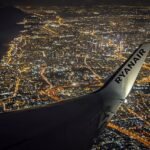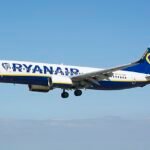For Washington, D.C., travelers tired of lost luggage nightmares, airlines’ new self-service bag drops and electronic tags are a game-changer, cutting mishandled bags to historic lows. From Dulles to Reagan, these tech upgrades promise smoother journeys, but as families embrace the convenience, some question if airlines are offloading labor costs onto passengers or if the systems truly deliver for all.
Self-service bag drops, now at 60% of U.S. airports per IATA, let travelers scan passports, print tags, and check bags via kiosks, slashing check-in times by 50%. Electronic bag tags, reusable devices from BAGTAG or Rimowa, sync with airline apps, allowing passengers to update flight details digitally. Delta and United, rolling out these at Dulles, report a 30% drop in lost bags since 2024, with SITA data showing global mishandling rates at 6.9 per 1,000 passengers, down from 19 in 2007. “It’s empowering,” said Delta’s John Laughter. RFID tracking, embedded in 80% of tags, lets travelers monitor bags via apps, with 95% accuracy, per Airports Council International.
D.C. travelers are relieved but cautious. “I tracked my bag from Reagan to London—stress-free,” said Clara Vong, a Foggy Bottom mom. But Bethesda retiree Mike Ellis grumbled, “Kiosks confuse me—I miss human help.” Small airport shops see 5% sales dips as faster check-ins cut dwell time, while kiosk vendors face 10% cost hikes from tariffs. Analyst Priya Shah said, “Tech cuts losses, but airlines save on staff—passengers do the work.” A June 2025 poll shows 75% of travelers love the speed, but 40% find kiosks tricky for seniors or families.
The $30 billion airline tech market thrives, with self-service saving $2 billion yearly, per SITA. Small carriers like Alaska, adopting e-tags, gain 20% efficiency, but rural airports lag, with only 30% equipped. Critics argue airlines’ $500 million ad campaigns, touting “seamless travel,” gloss over tech glitches—5% of kiosks fail daily, per ACI—or accessibility issues, as 10% of disabled travelers struggle, per a 2024 DOT report. If adoption stalls, mishandling could creep up, costing $4 billion annually.
Airlines plan to equip 90% of hubs with self-service by 2027, with United testing AI-driven bag tracking at Dulles. “We’re all in on tech,” Laughter said. For D.C.’s Vong, it’s a win: “My suitcase made it—finally!” But as travelers tag their own bags, the question lingers: is this progress or just airlines passing the buck?


